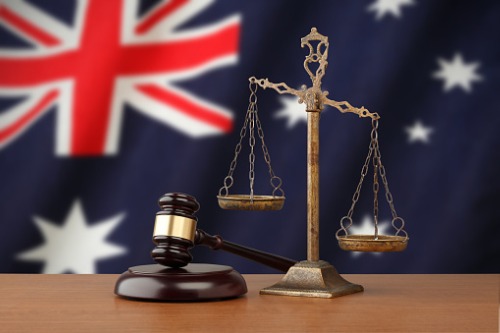

Westpac’s full-year profit plunged after it was hit with a record fine for breaching anti-money laundering laws and bad-debt charges skyrocketed amid the COVID-19-induced recession.
Westpac confirmed that it has made progress in reviewing its units that lacked scale or returns – such as insurance and wealth management – that were placed into a specialist division earlier this year with the idea to sell them.
However, the bank’s earnings still dropped by 62% to AU$2.61 billion in the 12 months ended September 30, which was mainly caused by the previously disclosed AU$1.2 billion charge to cover a record money-laundering fine and the accumulating cost of compensating customers for years of misconduct.
Bad-debt provisions also increased AU$3.2 billion as the COVID-induced recession impacts businesses and consumers.
“2020 has been a particularly challenging year, and our financial result is disappointing. Our earnings have been significantly impacted by higher impairment charges, increased notable items, and the sharp decline in economic activity,” said Westpac chief executive officer Peter King, as reported by Bloomberg.
King is now focused on simplifying the bank and restoring its reputation following the money-laundering scandal that led to the departure of former Westpac CEO Brian Hartzer.
“We are moving back to core banking with a sharper focus on Australia and New Zealand. The simplification of our business will support improved returns and help pave the way for a reset of our cost base,” King said.
